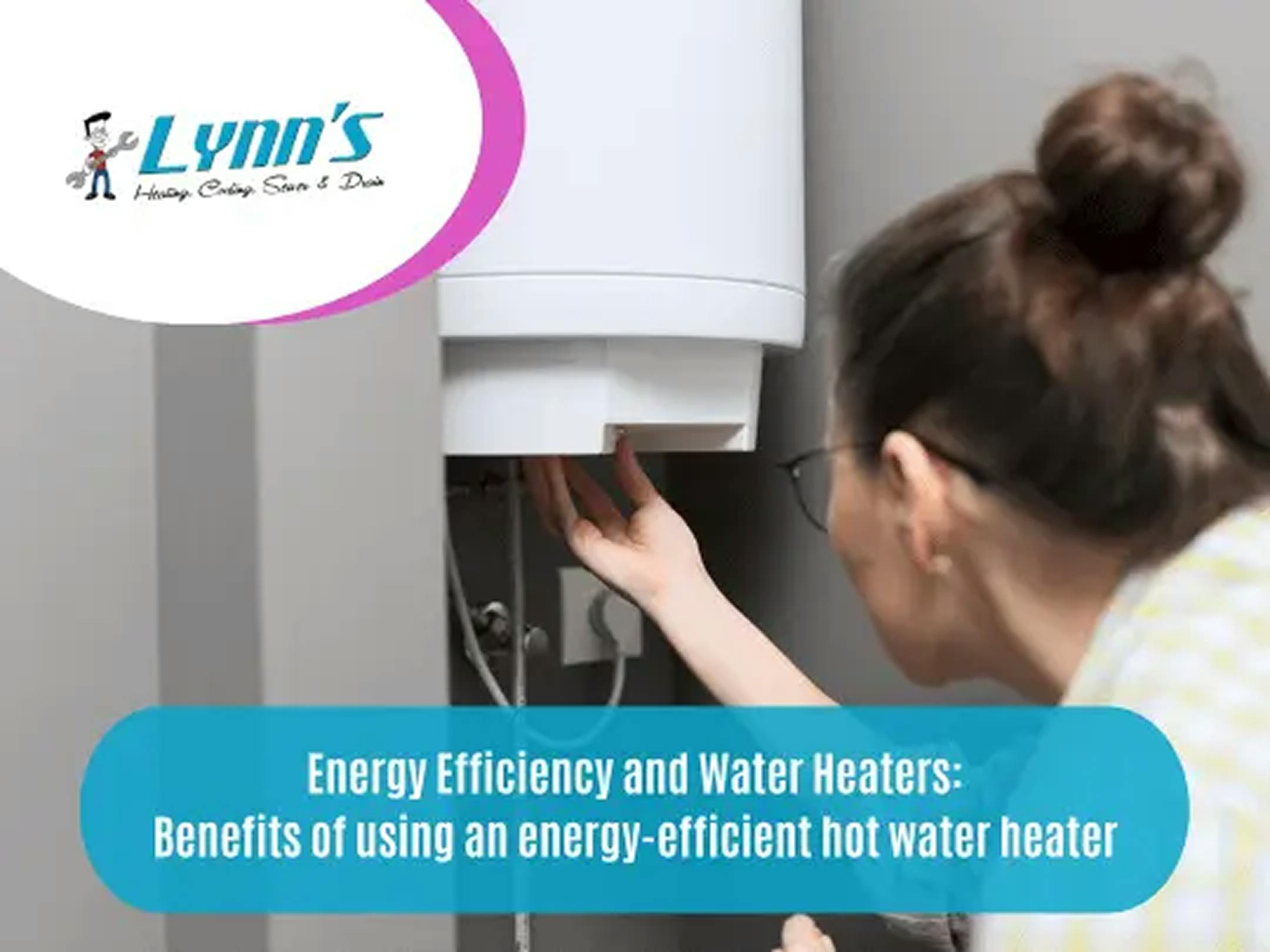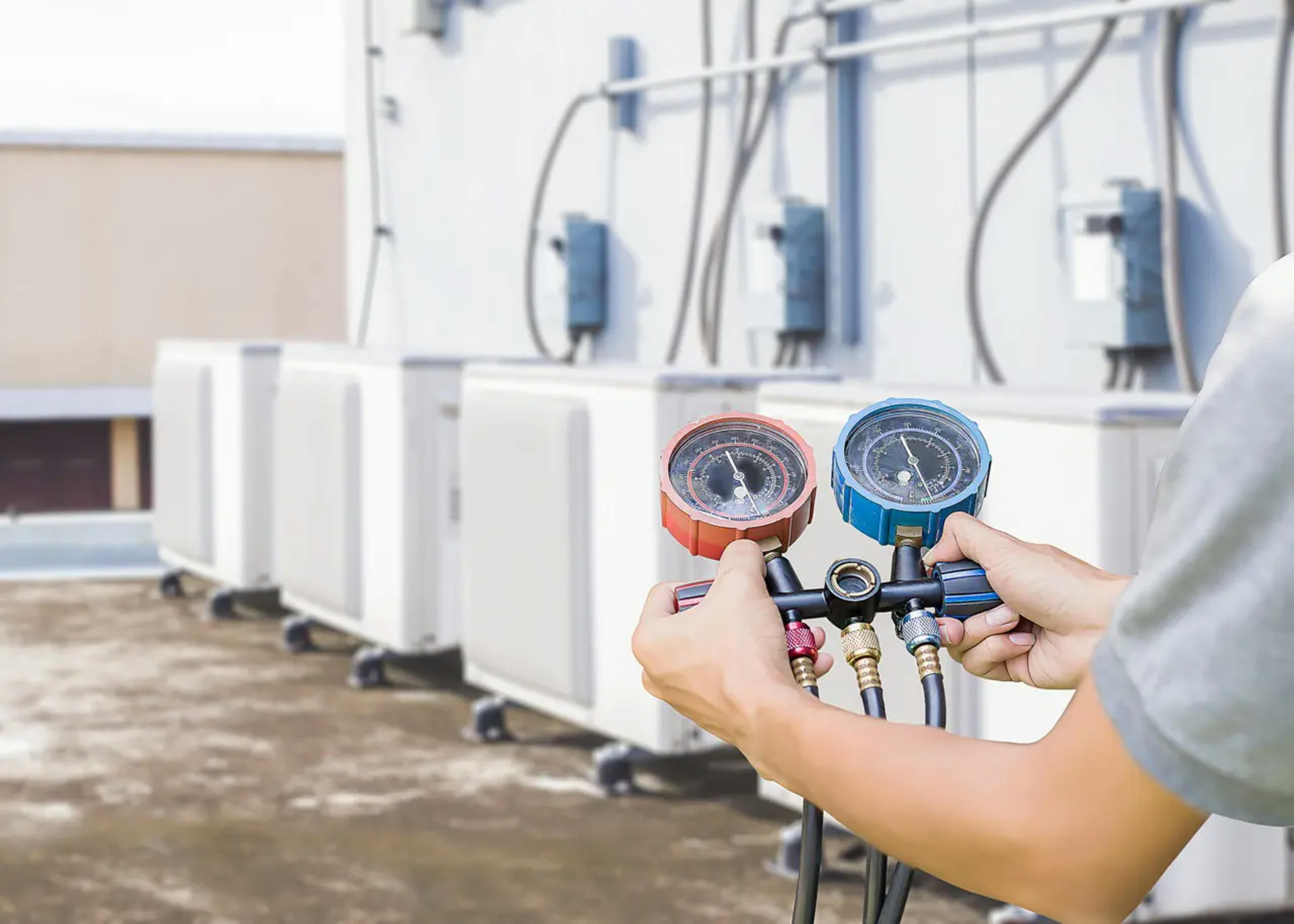Is your water heater on the fritz? Easy access to hot water is something we often take for granted – until you turn on the tap and only get cold. Since water heaters can last anywhere from eight to fifteen years, it’s natural that you’ll need to replace yours at some point. With different options out there, it’s hard to know which fuel type to choose. Should you go with a gas water heater? What about electric? Which type is more affordable? Which type is more energy efficient? Which is the right choice for you and your family? If your current water heater is no longer meeting your demands for hot water, it’s clear that it’s time for a replacement. Keep reading to find out everything you need to know about gas vs. electric water heaters.
Types of Water Heaters
Gas Water Heater: A gas water heater heats water from a gas-fired burner located at the bottom of a tank. A pilot light, or small flame, ignites the gas burner to heat the water. A traditional gas water heater is likely the image you have in mind when you think of a water heater – a large, bulky tank with a pilot light and burner, often located in the basement of a home. In a gas water heater, the water is heated from the bottom and rises upward.
Electric Water Heater: An electric water heater uses electricity rather than gas to heat the water. High-voltage electric heating rods run vertically through the tank, heating water from the center and radiating outward.
Each type of water heater comes with its own advantages and disadvantages. Let’s take a look at some of them for each type:
Energy Efficiency
Electric water heaters have the advantage when it comes to energy efficiency. Gas water heaters are arguably less environmentally friendly since they use more energy to operate and release emissions. The gas byproduct takes some heat with it, whereas electric heaters use almost all of their energy to heat the water using a fuel that can be powered by renewable resources. That being said, there are high-energy-efficiency gas water heaters available that come with an Energy Star Label.
Cost
The cost might be your number one concern when purchasing a new water heater. Which type is more affordable, electric or gas? There’s no simple answer. There are a few factors at play when it comes to the cost of operating your water heater:
Initial Cost
The cost of a new water heater will vary depending on size, make, or model but typically, electric water heaters are cheaper to purchase upfront and to install. Installation prices may vary. This is a job you should always leave to a professional.
Cost of Operation
Natural gas is less expensive than electricity, and therefore a gas water heater will result in lower monthly bills than an electric unit, sometimes by up to 33%. This is in spite of the fact that electric water heaters are usually more energy efficient. Keep in mind that the cost of gas and electricity varies by region and can fluctuate with time. You’ll want to research the rates in your area to make the most informed decision.
Safety
While safety issues with a properly installed water heater are rare, they can occur.
Gas: Gas water heaters run the risk of a gas leak or carbon monoxide poisoning. Always follow the safety instructions provided by the manufacturer and consider installing a carbon monoxide detector if you’re using a gas-powered water heater in your home.
Electric: Electric water heaters are considered safer than gas. Electric mishaps are uncommon.
Size
Both gas and electric water heaters are available in a range of sizes to meet your needs. Gas water heaters tend to be larger and bulkier, and require space around the sides and top for ventilation. If your home has limited space, an electric water heater might be the right solution for you.
Requirements
Gas: Your home will need a natural gas line and adequate ventilation to run a gas water heater. If these don’t already exist in your home, it can be costly to install.
Electric: Unless you are living somewhere off-grid, all homes have electricity. An electric water heater will need to be located near an electric outlet. Keep in mind that an electric water heater won’t be able to run during a power outage.
Ability to Heat Water
The rate at which a water heater heats water is an important consideration. After all, that’s the whole point, isn’t it? Gas water heaters have the advantage when it comes to heating water quickly and gas heaters also tend to have a shorter recovery time than electric models. This means that gas water heaters can heat water faster after the hot water has been used up. A gas water heater may be ideal if you have a large number of people in your household or an otherwise high demand for hot water.
Maintenance Requirements
Both electric and gas water heaters require some basic maintenance to function most efficiently and prolong their lifespans. Both types should be flushed regularly to keep sediment from building up on the bottom of the tank. Gas heaters require a little extra attention, as you’ll need to regularly inspect your gas line and vents in order to prevent a gas leak. An annual checkup on both types will help keep your system running at its best.
Lifespan
How long will your water heater last? Electric water heaters have a slight advantage when it comes to longevity. An electric water heater may last anywhere from ten to fifteen years before needing to be replaced. A gas water heater will typically last anywhere from eight to twelve years. Proper care and maintenance will help prolong the life of your water heater, no matter the type. As you can see, both electric and gas water heaters have pros and cons, and there’s no right answer when it comes to which one is best. It’s all about finding the right water heater to suit your specific needs. No one wants to be without hot water – which is why the professionals at Lynn’s Winnipeg are available 24 hours a day, 7 days a week, because we know emergencies can happen at any time. Call us today!



